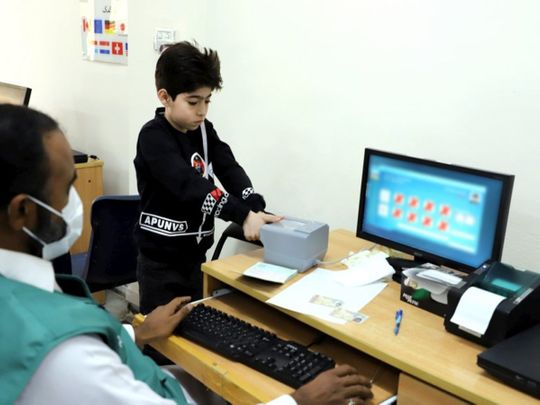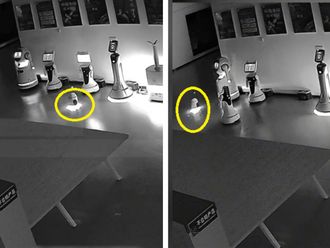
Islamabad: Around 1.4 million Afghan refugees will receive new smart identity cards following the verification exercise continuing at 35 sites and four mobile units.
Pakistan’s National Database and Registration Authority (NADRA) has updated the details of more than 500,000 registered Afghan refugees as part of a country-wide campaign to issue renewed Proof of Registration (PoR) cards.
The Documentation Renewal and Information Verification Exercise (DRIVE), launched in Islamabad on April 15, is the government-led campaign run by NADRA and Commissionerate for Afghan Refugees (CAR), with the support of the UN Refugee Agency (UNHCR). The verification exercise is expected to be completed within the year.
Pakistan’s NADRA has printed and distributed some 100,000 new smartcards to existing registered Afghan refugees.
UNHCR Regional Director for Asia and the Pacific Indrika Ratwatte visited a DRIVE Centre in Peshawar on September 21. Lauding the progress made so far, he said, Pakistan is a global leader in terms of “developing a high-tech refugee registration platform which enables refugee protection and solutions.” He hoped that “more countries will follow in Pakistan’s footsteps in providing documentation to refugees.”
The large-scale verification of refugees in the country, which is being undertaken after 10 years, will boost Pakistan’s efforts to enhance protection and assistance for refugees. The cards will enable refugees to access critical services, such as health and education.
“A lot has changed since the last large-scale exercise in Pakistan 10 years ago. The refugee smartcards are an important tool of protection, and it enables the Government and UNHCR to have current information on the refugee population, including vulnerabilities, skills and education levels to better inform the provision of services and assistance,” Ratwatte said.
The smart PoR cards, which will be valid until June 2023, are legally recognized proof of identity and include enhanced security features. These cards will also be technologically compatible with systems used in Pakistan to authenticate the identities of nationals to access services.
With the new smartcards, Afghan refugees will have faster and easier access to different services with the new ID cards.
Besides verifying existing data, the verification process would also record Afghan refugees’ skill sets, level of education, socio-economic circumstances which would allow for tailored assistance and access to employment for those in Pakistan and also for those who may return voluntarily to Afghanistan in future.
Pakistan is home to an estimated three million Afghans, 1.4 million of whom are documented, making Pakistan one of the largest refugee-hosting nations in the world.








